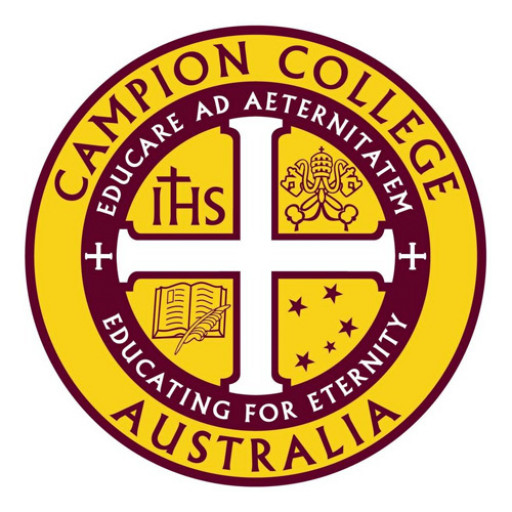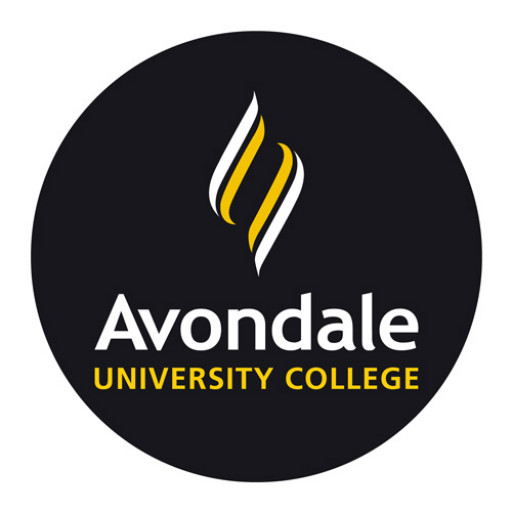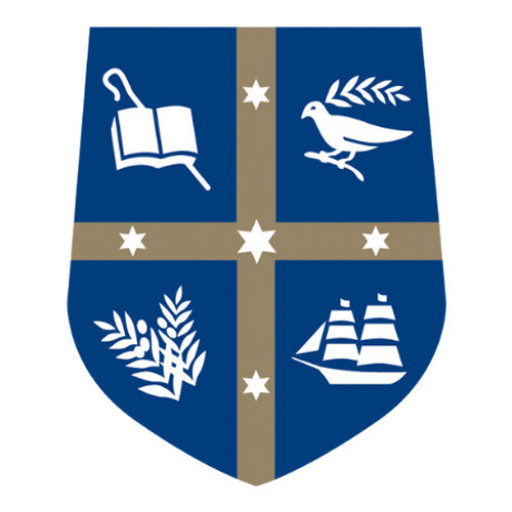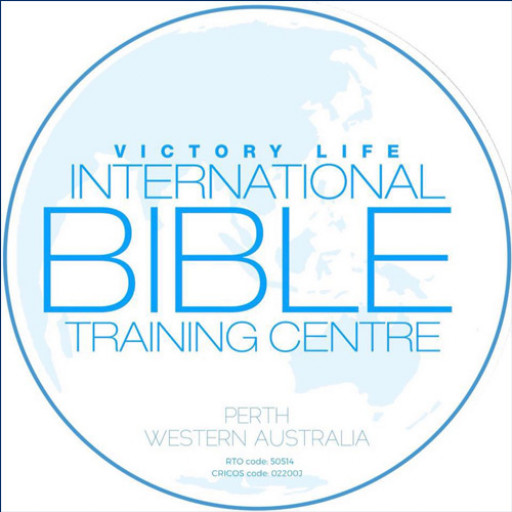Programme Description: The Biblical Languages program at the University of Divinity offers students an in-depth study of the original languages of the Bible, including Hebrew, Aramaic, and Greek. Designed for those interested in biblical studies, theological research, or pastoral ministry, this programme provides a comprehensive foundation in language proficiency, biblical exegesis, and historical contexts. Students will engage with biblical texts in their original forms, developing critical skills needed for accurate interpretation and translation. The curriculum combines linguistic training with theological reflections, ensuring graduates are well-equipped to analyze biblical passages within their historical and cultural settings. Through a combination of lectures, seminars, and practical language exercises, students will gain proficiency in reading, translating, and understanding the subtleties of biblical languages. The programme emphasizes both academic rigor and practical application, preparing students for scholarly research, teaching, or ministry roles. Additionally, students have access to a rich library collection, digital resources, and experienced faculty members who are experts in biblical linguistics and biblical studies. Whether pursuing a career in academic research, clergy, or personal enrichment, graduates of this programme will be equipped with essential skills to engage deeply with biblical texts and contribute meaningfully to theological discourse. The Biblical Languages program is ideal for those committed to exploring the depths of scripture in its original languages, fostering a greater appreciation and understanding of biblical literature and its enduring significance in faith communities worldwide.
Biblical Languages at the University of Divinity offers a comprehensive and rigorous academic program designed to develop proficiency in the original languages of the Bible, including Hebrew, Aramaic, and Greek. This program is intended for students who wish to deepen their understanding of biblical texts, enhance their exegetical skills, and engage critically with Scripture in its original linguistic context. The coursework emphasizes both linguistic competence and theological reflection, enabling students to interpret biblical literature more accurately and meaningfully. Throughout the program, students will study grammar, syntax, vocabulary, and textual variations, supported by exposure to historical and cultural backgrounds relevant to each language.
The program combines theoretical foundations with practical language skills, incorporating intensive language modules, biblical exegesis seminars, and research projects. Students will have opportunities to examine biblical manuscripts, understand textual variants, and utilize modern tools for biblical languages. The curriculum is designed to cater to both postgraduate students pursuing advanced theological research and clergy or laypeople seeking a stronger biblical foundation for ministry or personal study. Qualified faculty with expertise in Semitic and biblical languages lead the courses, ensuring high-quality instruction guided by current scholarly standards.
Graduates of the Biblical Languages program will be equipped to read and analyze biblical texts in their original languages, contribute to biblical scholarship, and support biblical interpretation in academic, pastoral, and community settings. The program encourages critical engagement with biblical texts, fostering skills necessary for informed theological reflection and ministry. Whether pursuing further research, practical ministry, or personal study, students will gain the linguistic and interpretive skills essential for engaging deeply with Scripture and its historical settings.
Program requirements for the Biblical Languages program at the University of Divinity typically include the successful completion of foundational and advanced courses in biblical languages such as Hebrew and Greek. Students are generally expected to demonstrate proficiency through a series of assessments, including written exams, translations, and oral examinations. A certain number of core courses in biblical Hebrew and Koine Greek are mandated, often encompassing grammar, vocabulary, and original text translation. In addition to language skills, students may be required to complete courses in biblical exegesis, theology, and ancient history to contextualize their linguistic knowledge. Participation in seminars and workshops focused on biblical linguistics and textual analysis is usually compulsory. The program often emphasizes both academic excellence and practical application, encouraging research projects and presentations. Students are generally advised to engage in supplemental learning activities such as language labs and peer study groups to reinforce their skills. Additionally, a capstone project or thesis involving original translation or interpretation may be part of the graduation requirements. All students must meet university-level academic standards, including maintaining a specified minimum grade point average, often around 65-70%. Some programs might also require students to complete internships or community engagement activities related to biblical studies. Prerequisites typically include a prior background in religious studies or language learning, or equivalent competency demonstrated through assessments. Language proficiency assessments at the commencement of the program may be administered to determine placements in appropriate courses. Overall, the program aims to equip students with both the linguistic competencies and interpretative insights necessary for advanced biblical studies, ministry, or further research in biblical languages.
The Bachelor of Biblical Languages program at the University of Divinity offers a range of financing options to assist students in managing the costs of their studies. Tuition fees for this program are structured according to the university’s fee schedule, which is reviewed annually. International students and domestic students may have different fee rates, and students are encouraged to consult the official fees webpage for the most current information. The university provides various scholarships and bursaries designed to support students demonstrating academic excellence, financial need, or specific circumstances. These include merit-based scholarships, clergy and church partnership grants, and scholarships targeted at students from diverse backgrounds or regions. To apply for scholarships, students typically need to submit an application form along with supporting documents such as academic transcripts, personal statements, and references, before specified deadlines. Additionally, the university encourages students to explore external funding opportunities, including government loans, grants, or sponsorships from religious organizations. The university also provides guidance on financial planning and budgeting, with resources available through the student services department. Payment plans may be available to distribute tuition fees over the duration of the course, reducing the immediate financial burden. Students are advised to contact the university’s admissions office or financial aid office early in the application process to discuss available options and ensure compliance with all requirements. The university aims to make biblical studies accessible by offering financial assistance opportunities designed to alleviate the economic challenges students may face. Furthermore, international students should be aware of specific visa requirements related to funding status, and may be eligible for additional financial support programs. Overall, the university's approach to financing studies emphasizes support, transparency, and accessibility to promote academic success in Biblical Languages.
The Biblical Languages program at the University of Divinity offers students an in-depth study of the original languages of the Bible, primarily focusing on Hebrew and Greek. This program is designed to provide a comprehensive understanding of the linguistic and textual foundations of biblical texts, enabling students to engage directly with the scriptures in their original languages. The curriculum typically includes courses in biblical Hebrew and Koine Greek, covering grammar, vocabulary, syntax, and exegesis. Students also explore textual criticism, historical context, and the development of biblical texts over time. The program aims to equip future pastors, theologians, biblical scholars, and students of religious studies with the skills necessary to interpret biblical texts accurately and proficiently. Study modes may include on-campus attendance, online learning options, and blended approaches to accommodate diverse student needs. The duration of the program varies depending on the course load and whether students pursue part-time or full-time study. Graduates of the Biblical Languages program often pursue careers in academia, ministry, religious education, or biblical research. The University of Divinity emphasizes a theological approach intertwined with linguistic training, fostering a holistic understanding of the biblical texts within their historical and cultural contexts. Throughout the program, students benefit from lectures, seminars, independent study, and opportunities for fieldwork or research projects. The university also offers various support services, access to extensive library resources, and opportunities for scholarly engagement. In conclusion, the Biblical Languages program is tailored to develop advanced linguistic skills and deep biblical scholarship, preparing graduates for professional roles that require precise biblical interpretation and linguistic proficiency.





